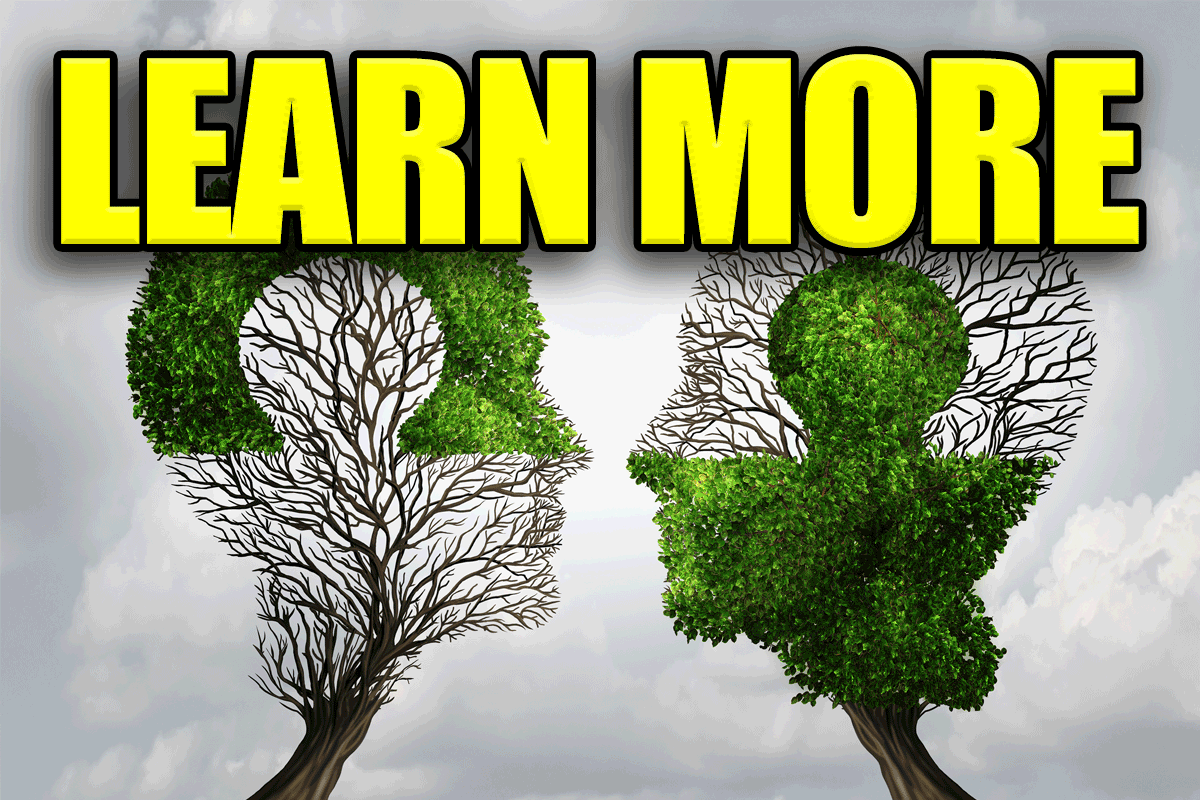Know Your Intentions
Jung famously said that if you do not make the unconscious conscious, it will rule your life and you will call it fate.
Plenty of neuroscientists say most of our actions are emotional.
But then we come up with a rational sounding story of why we did what we did.
Back in the days of Jung, they hadn’t “discovered” evolutionary psychology.
So when he said “make the unconscious conscious” he only knew somehow that much of our behavior is driven by things we don’t really understand.
So if we don’t make an effort to understand those things, we’ll do things and not know why.
So will call it fate.
Kind of like a guy I used to work with, a long while ago.
He came in and explained how he tried to make toast that morning.
But he kept burning it.
He half jokingly said that God didn’t want him to make toast.
This is pretty common.
We try something, make a half hearted effort, and fail.
Then we claim it’s God’s will.
Or in Jung’s case, this is our fate.
There are two parts that we could call our “unconscious” that we can make conscious.
Our instincts.
Hunger, sex, romance, social status, social signals, etc.
And our upbringing.
Two Halves
The things we were taught by adults “unconsciously.”
For example, imagine a kid sitting at the dinner table.
Let’s say the kid is three or so.
Doesn’t know much about the world.
Just barely starting to form memories.
And every time the parents use any “money” vocabulary, there is frustration.
Do this enough times, and the kid, like most kids, will be “taught” that money is something few people have enough of.
They go to school and see that kids who are “rich” have nice things.
Normal kids don’t.
At least not as nice as the rich kids.
This creates a lot of unconscious ideas, mostly negative, about money.
Yet way, way back in the day, our ideas about ancient “money” were much more calibrated.
Not New
Money is really a modern (last few thousand years or so) invention that rests on top of a much older one.
Produce stuff for others.
Get stuff from others.
This is programmed into every brain.
Way back in the day, the stuff people produced was both tangible and intangible.
Food, protection, survival skills, etc.
They stuff they got in exchange was mostly intangible.
Social recognition, status and plenty of sexual opportunities.
Today, the existence of money allows for much, much more flexibility.
And when you understand that “honest” money comes freely in exchange for something YOU did that THEY value, there is nothing better.
Learn More:
Money Brain
Learn Hypnosis

Mind Persuasion has plenty of books and courses to teach you how to speak hypnotically and persuasively.
$9 Training
Mind Persuasion Books
Mind Persuasion Courses
$5 Subliminal Programs
Full Courses